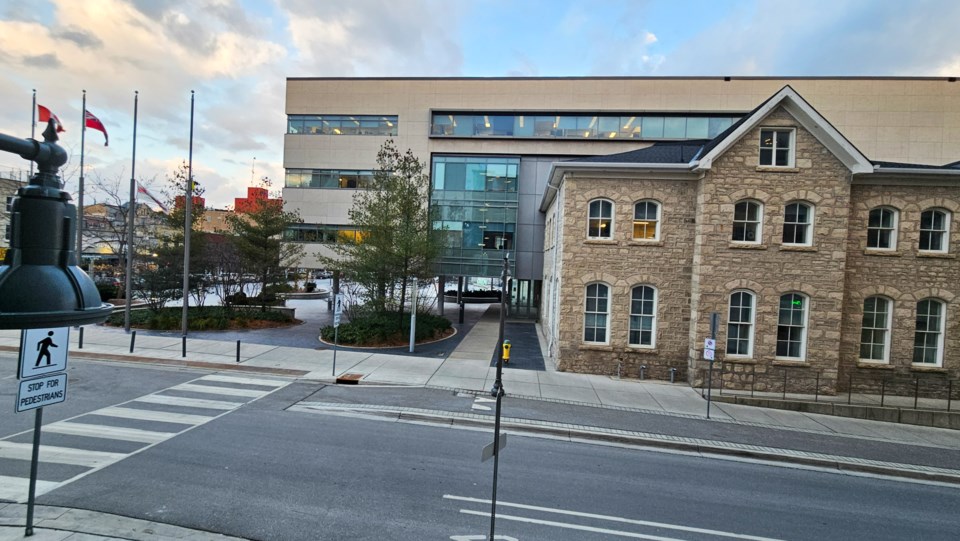Affordability issues were top-of-mind for city council Wednesday as councillors received their first official look at the 2025 city budget update, complete with planned service reductions, capital project deferrals and more aimed at keeping the property tax increase below four per cent.
“It strikes me that, in the immediate moment, we have reversed the equation. What we are now doing is we are establishing a budget and then trying to fit some formulation of a strategic plan into that,” commented Coun. Phil Allt. “It strikes me as being the wrong way to go, especially when you consider the job of community-building.”
Strategic plans set the guiding principles that lead municipal decisions, such as the city’s stated goal of eliminating greenhouse gas emissions and providing support for climate change initiatives.
Responding to Allt, CAO Tara Baker echoed a comment made many times in the past – the budget sets the pace for implementing strategic plans. She believes the draft budget update continues to honour those plans.
The draft budget update, which was crafted by city staff in response to an order from Mayor Cam Guthrie, comes with a property tax increase of 2.59 per cent for the average property owner in the city, though that doesn’t include outside boards and committees such as police, the library and public health.
Last year those boards and committees were responsible for 1.98 per cent of the final tax increase.
Budget requests from outside boards and committees will be addressed in January, though city council doesn’t have direct authority over individual line items, only the total amounts.
Those boards and committees account for about one-third of the city budget, noted Baker.
Also not included in the 2.59 per cent increase is $750,000 for Guelph General Hospital – the second-last instalment of a $4.5 million commitment for expansion of the hospital’s emergency department.
Council proposed no amendments to the mayor’s draft budget as presented, though that wasn’t the point of Wednesday’s meeting. Potential amendments are expected to flow later in the month, following a night of public delegations on Nov. 19.
Amendments are set to be heard on Nov. 27, after which the mayor has 10 days to decide whether to veto any approved by council. A mayoral veto can then be overridden by a two-thirds vote of council (nine of 13 in the case of Guelph).
As it stands, the budget update includes $3.58 million in service reductions and $1.1 billion in capital project deferrals through the 10-year forecast and beyond.
“The city’s resources are not unlimited,” said Jodie Sales, the city’s general manager of strategic initiatives and intergovernmental services. “As this budget was updated, tough decisions were required.”
When the city’s 2024 to 2027 was finalized last year, it came with a 9.79 per cent property tax hike for 2025, but the mayor’s order was to cap that at no more than four per cent.
“This doesn’t feel good to anybody,” said Coun. Dominique O’Rourke, referring to service reductions, delayed implementation of master plans and postponed capital projects.
Affordability is about more than the level of property taxation, noted Coun. Cathy Downer. It includes the cost and quality of the transit system, access to parks and more.
“A good transit system is an affordability issue for many people, and an environmental issue as well,” she said, noting the city's transportation plan is proposed to go from a 10-year plan to a 30-year plan.
“Amenities are important for families who are struggling, they can’t afford to put their children into programs like hockey that are very expensive or baseball.”
In light of the planned postponement of most master plan action items, such as expanded transit routes, O’Rourke asked staff to give more weight to the economic impact and timing of implementation when those plans are presented to council for consideration.
“I’ve been on council long enough to see a number of projects added, introduced through a master plan, deferred, re-added, put beyond the 10-year capital plan, re-added, re-deferred, re-added, re-deferred,” Coun. Leanne Caron said. “I need to know what the cost of deferral is in addition to the 2025 taxes.”
